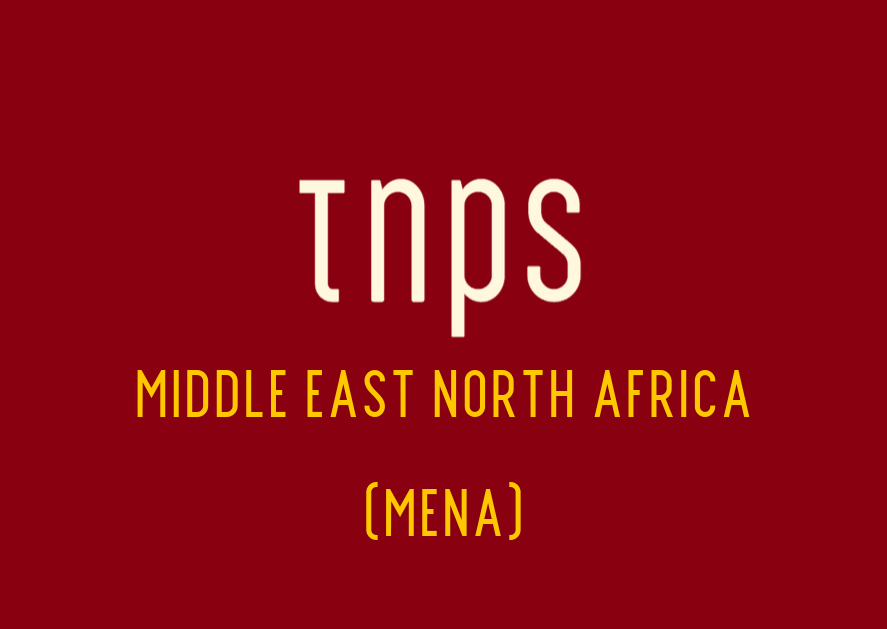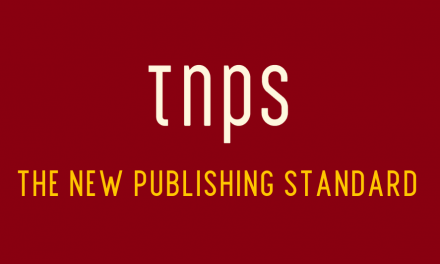An exciting time for Syrian authors and other publishing industry stakeholders not just to rebuild, but to reframe Syrian publishing for the twenty-first century.
Syria’s transitional government is charting ambitious new territory in cultural policy, with Information Minister Dr. Hamza al-Mustafa spearheading unprecedented reforms to the country’s publishing sector.
The recent discussions between al-Mustafa and Arab Writers Union Head Muhammad Taha Othman signal the establishment of “a joint mechanism that regulates publishing books and manuscripts within a free and creative legal framework.“
This represents a dramatic departure from Syria’s previously restrictive media landscape, where “all newspapers are subject to government restrictions.”
The timing is particularly significant, occurring just months after the formation of Syria’s transitional government.
The Architect of Change
Al-Mustafa’s approach emphasises collaboration over control, promising to “develop a code of conduct for publishing and to promote freedom of thinking and just competitiveness in Media Market.”
Institutional Partnerships and Practical Implications
The proposed cooperation protocol between the Ministry and the Arab Writers Union – an association founded in 1969 in Damascus that was relocated to Abu Dhabi – could potentially restore Syria’s position as a regional literary hub.
These reforms promise tangible benefits: streamlined licensing procedures, clearer regulatory frameworks, and enhanced protection for creative expression. The emphasis on “just competitiveness” suggests market-oriented reforms that could attract international publishers and distributors previously deterred by bureaucratic barriers.
Broader Cultural Renaissance
This publishing initiative forms part of Syria’s wider cultural rehabilitation. The Journalists’ Union has already announced “a qualitative package of reforms aimed at enhancing the professionalism of journalistic work,” indicating systematic transformation across Syria’s media landscape.
The View From The Beach
Syria’s publishing infrastructure requires rebuilding after years of conflict, but establishing genuine editorial independence demands sustained political commitment.
The success of these reforms will largely depend on implementation details and the government’s willingness to maintain its liberal stance when faced with controversial publications.
For the global publishing community, Syria’s opening presents both opportunities and responsibilities. International partnerships could accelerate Syrian literature’s return to regional prominence whilst ensuring that newfound freedoms prove durable rather than temporary.
Reframing Syrian Publishing
An exciting time for Syrian authors and other publishing industry stakeholders not just to rebuild, but to reframe Syrian publishing for the twenty-first century.
I look forward to reporting on established industry players in the region, Arab and other, rising to the occasion.
This post first appeared in the TNPS LinkedIn newsfeed.



